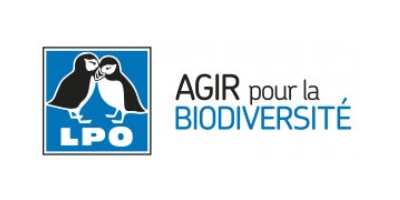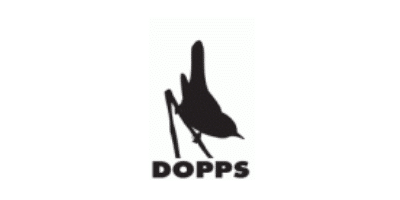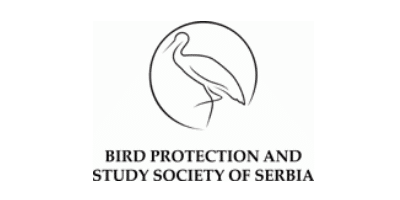Old farming traditions breathe new life into Jordan’s ailing olive groves
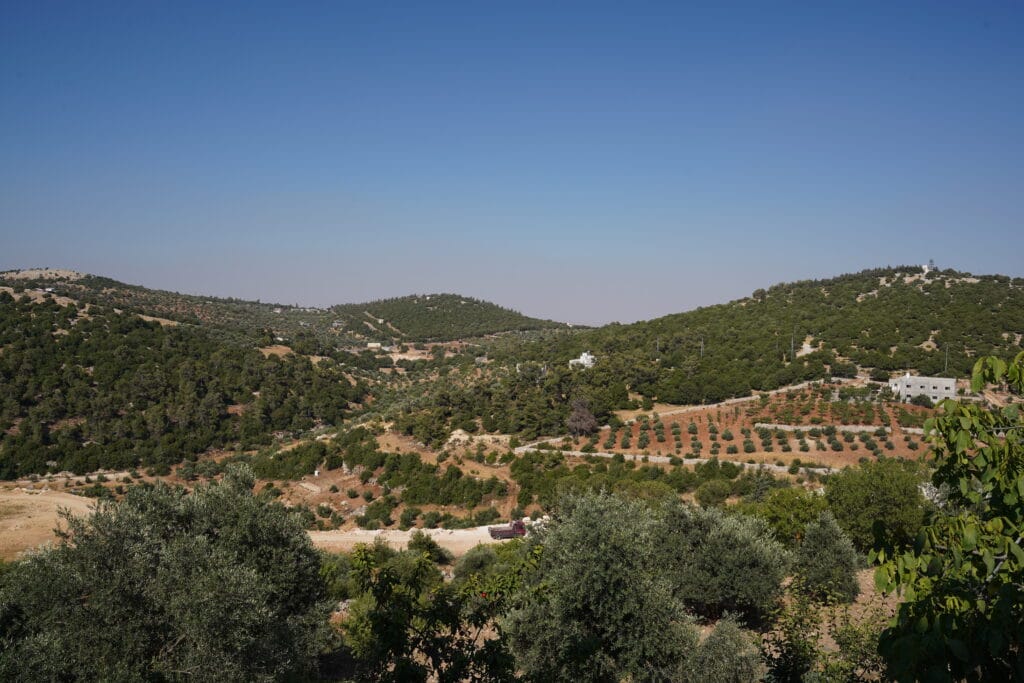
Although agricultural lands comprise just over 12% of Jordan’s territory, it contributes up to 20% of the national income. Unfortunately, Jordan’s agriculture is threatened by urban expansion, land fragmentation and climate change. Discover how we’re helping to combat this by training local communities in traditional practices.
By Enas Sarahneh
Header Image: Production Landscape in Najda Village, Jordan © Enviromatics
Read this article in Arabic here – اقرأ المقالة باللغة العربية
Jerash lies at the north-western side of Jordan and is one of the most agriculturally rich governorates in the country. Jerash’s olive trees are known for the supreme quality of their olive oil, which is pressed at local olive mills. Some of the trees are hundreds of years old and are known locally as Roman olive trees. Fruits such as grapes, figs, pomegranates, and peaches are also widely cultivated in smaller numbers.
Najda, a small village in Jerash, is facing a great deal of pressure from changes in land use, especially to tourism development). The village is very close to Dibeen Forest Reserve, one of the best remaining examples of original pine-oak forest in the region. Because of this, nearby land is in high demand by investors aiming to set up tourism resorts.
Farmers in Najda village have struggled to cling to their land and their agricultural practices over the years. Najda was formerly famous for its delicious olives and olive oil, but unfortunately, this is no longer the case. Today, much of the population has abandoned traditional farming and moved to urban areas, looking for job opportunities and new income sources.
Nevertheless, some farmers imported new, genetically improved species, thinking it would increase yield productivity. Unfortunately, this was not the case, and the emergence of antibiotic-resistant and rapidly spreading diseases made the situation even worse. They also neglected traditional knowledge about agricultural disease control and used pesticides instead, affecting their yield productivity negatively, as well as that of neighbouring farms.
Water scarcity has also badly affected agriculture in Jordan, and particularly Nadja, resulting in increased agricultural costs. The rise in poverty and unemployment has overburdened the local community, encouraging them to immigrate to urban areas. In turn, this led to a shortage of manpower, making it almost impossible to proceed with agriculture.
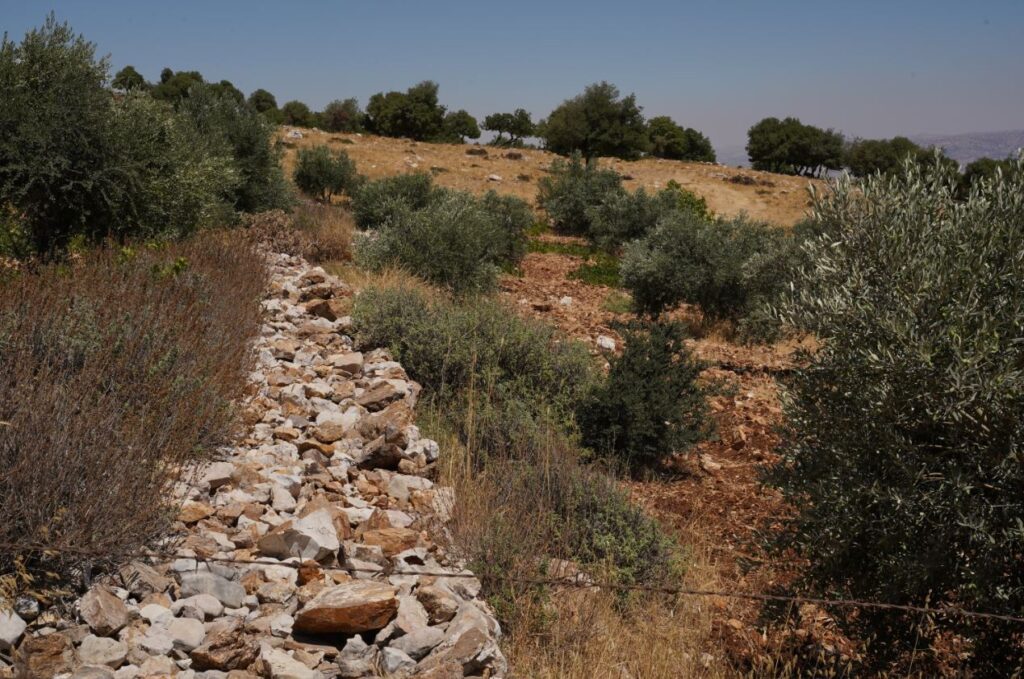
To address this, BirdLife – through our role as Regional Implementation Team for the Critical Ecosystem Partnership Fund (CEPF) Mediterranean Basin Hotspot – engaged private company, Amjad and Majdi Salameh company (Enviromatics), to encourage farmers and local women to adopt traditional practices. Supported by agricultural experts, they are working with ten farm owners to improve yields, pest control and land management in an environmentally friendly fashion.
Enviromatics believes that to overcome this situation, action must be taken at the community level, not just the personal level. To this end, they stared by building a stronger relationship with farmers in Najda, holding a series of meetings, training sessions and field visits. At the beginning, farmers were not interested in the project, believing that it is difficult to fix what has been ruined. But thanks to this awareness-raising campaign, they discovered that the solution to most of their problems was by returning to traditional agricultural practices, which is simpler and much cheaper than they expected.
Environmatics delivered training sessions on disease control, traditional practices, and how to get rid of pest animals such as Palestine vipers, moles, and wild boar without harming them. The benefits of these training sessions could soon be seen in the farmers’ day-to-day lives. One of the farmers told the team that he had lost his whole yield last year because of a single insect species. After attending training sessions, he realised that controlling the species would not cost him few Jordanian Dinars by using insect traps!
Another farmer thanked the project team for saving his life. While he was walking in his farm, he noticed the venomous Palestine viper that was hidden in between olive trees. Without training, he might have died from a viper bite.
It was also clear that the farmers were struggling to sell their crop yields at fair prices, especially excesses of fruits and olives. They had no experience in marketing or food processing. Moreover, agricultural costs were too high compared to the selling prices, discouraging the farmers, and giving them another reason to abandon their lands.
Women are important piece of the puzzle, as they are more familiar with cooking and food processing. Therefore, Enviromatics offered women eight training sessions on how to make products such as jams, vinegar, molasses, pickles, and chilli, as well as soap from the olive oil. At the first two workshops, only seventeen women attended. However, after word spread, around thirty women participated in each training session. This showcases the willingness of women to improve their livelihoods, since the training will open doors to new opportunities and income resources.
“My family already loved my jams, but after taking this training and following the recipe step by step, my family did not believe that it was made by me. They thought I bought it from the market,” says Halima Bani Bakkar, one of the workshop attendees.
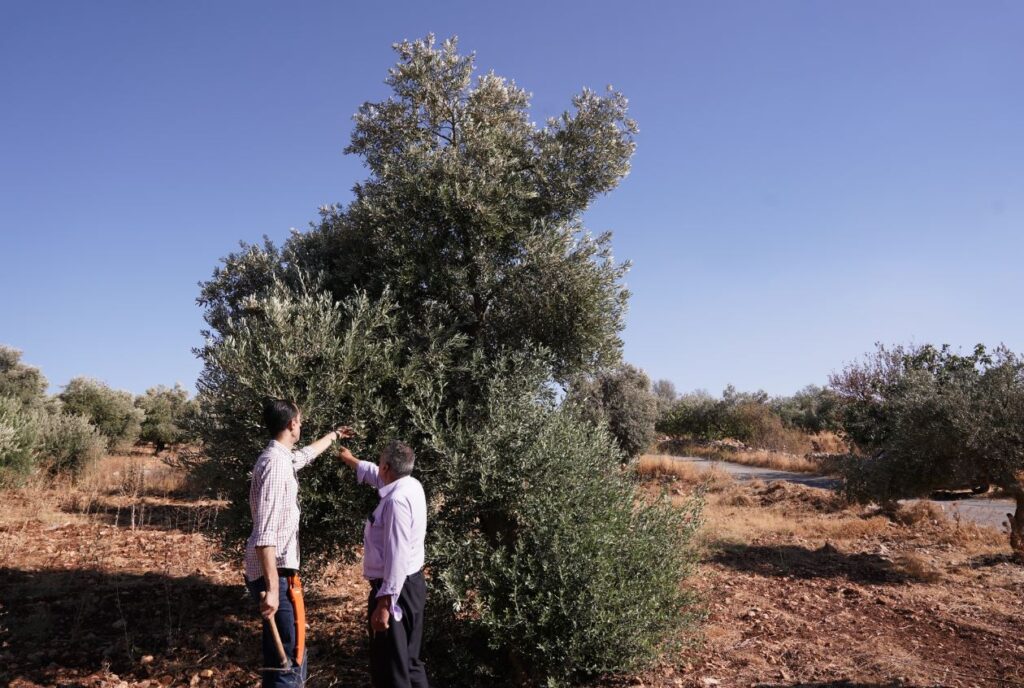
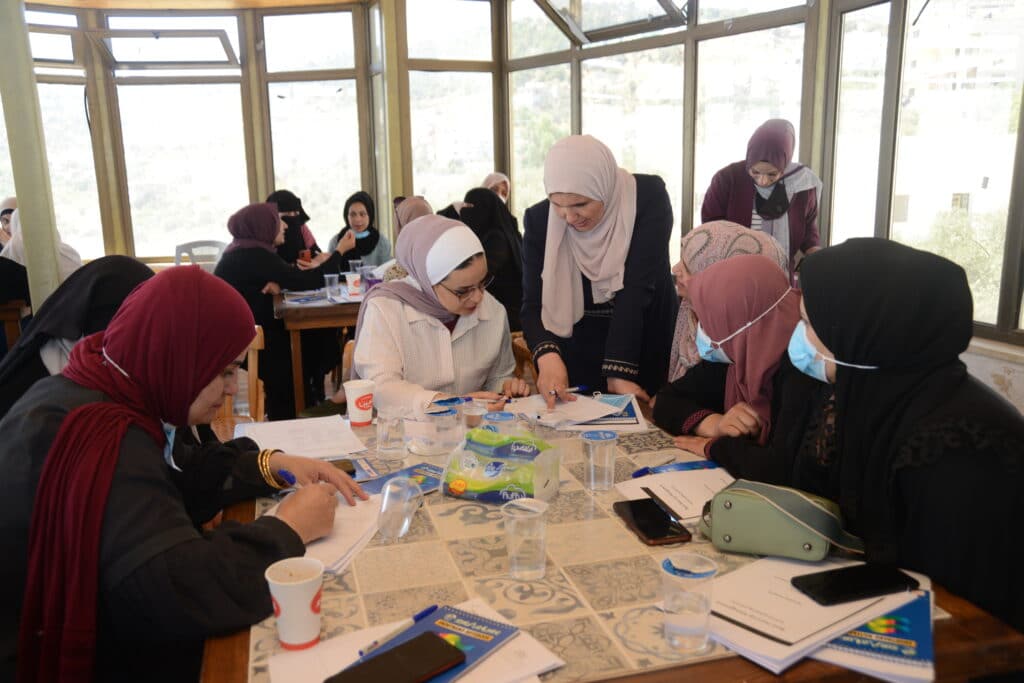
To market these products, a new website and mobile application will be developed. This new technology will connect famers and women directly with a larger audience. To ensure this initiative has a lasting impact, Enviromatics is working to link famers and women with factories, marketing centres and delivery agencies to ensure their products are sold in the long term.
The next step of this project will be to establish a small production workshop for women in Najda. The workshop will be divided into two sections – one for food processing, and one for soap production. To ensure the success of this workshop, training on project management, marketing, quality control, and quality assurance will be delivered to the women.
“I hope we can establish this workshop. This will be a great opportunity to learn from other women and produce high-quality products,” says Abeer Freihat, another participant in the training sessions.
Through this project, several win-win relationships were established with NGOs working in the region. The project team signed a memorandum of understanding with the Rural Pioneers Association in Sakib, a nearby village, to offer their training hall to Enviromatics to deliver the training to women and farmers. They also shared their experience with other NGOs and CEPF grantees who are working on the same field.
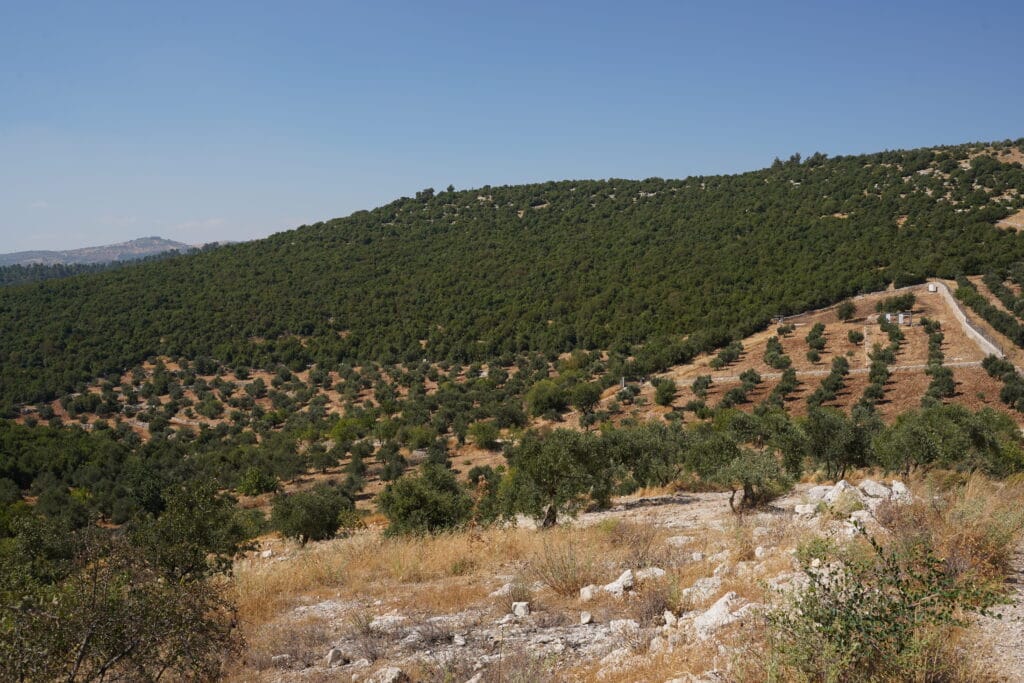
“The private sector is part of the civil society, but, unfortunately, most donors do not take this into consideration. We appreciate that CEPF supported us to implement this socio-environmental project and gave us the opportunity to help society,” says Majdi Salameh, Enviromatics project manager.

*The Critical Ecosystem Partnership Fund (CEPF) is a joint initiative of l’Agence Française de Développement, Conservation International, the European Union, the Global Environment Facility, the Government of Japan, and the World Bank. Additional funding has been provided by the MAVA Foundation. A fundamental goal is to ensure civil society is engaged in biodiversity conservation.
CEPF is more than just a funding providerA dedicated Regional Implementation Team (RIT) (expert officers on the ground) guide funding to the most important areas and to even the smallest of organisations; building civil society capacities, improving conservation outcomes, strengthening networks and sharing best practices. In the Mediterranean Basin Biodiversity Hotspot, the RIT is entrusted to BirdLife International and its Partners: LPO (BirdLife France), DOPPS (BirdLife Slovenia) and BPSSS (BirdLife Serbia).Find out more at www.birdlife.org/cepf-med

